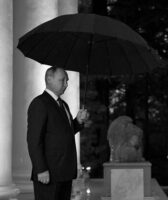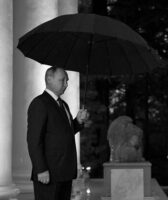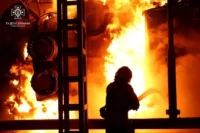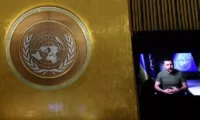
The War in Ukraine Will End, and That’s When We’ll See the True Tensions in Europe
Europe these days reminds me of the early weeks of the pandemic: We are living with a sense that the end of the world is just around the corner. But this time, anxiety over Russia’s nuclear weapons has replaced talk of the virus.
European media is plastered with grim headlines about energy shortages, disruptions and blackouts. Analysts agree that inflation and the escalating cost of living could easily bring millions to the streets in protest. The number of migrants that have come to the European Union this year is already much higher than the number that came from Syria in 2015.… Seguir leyendo »













